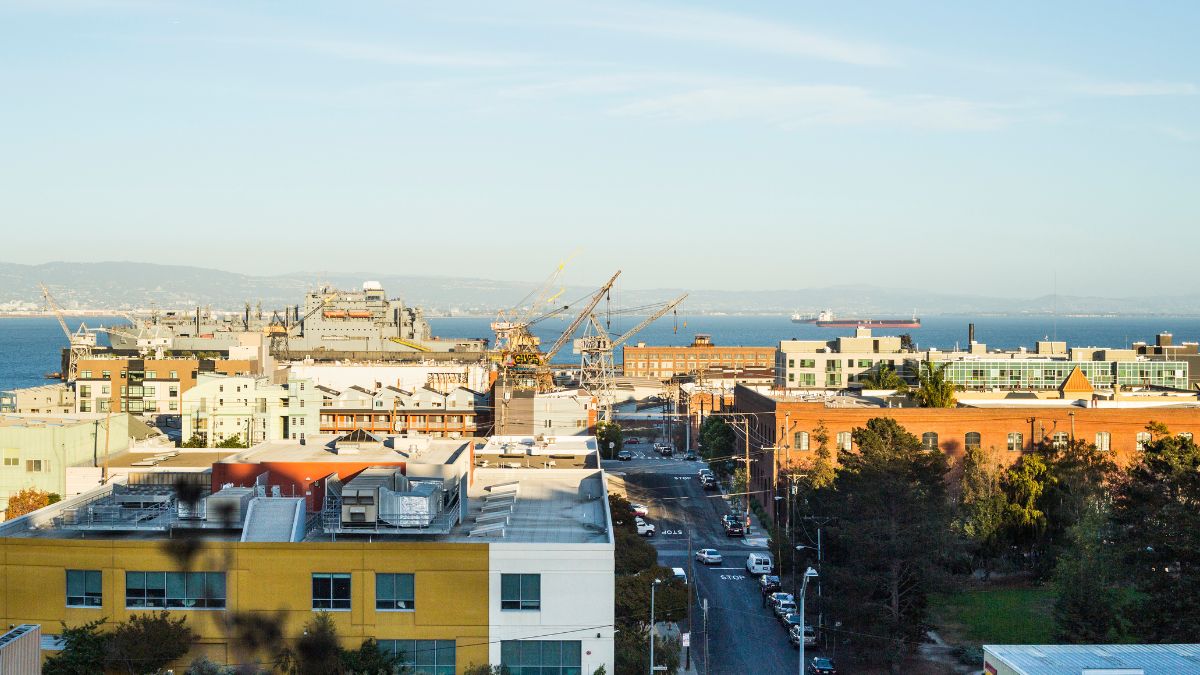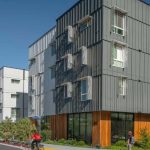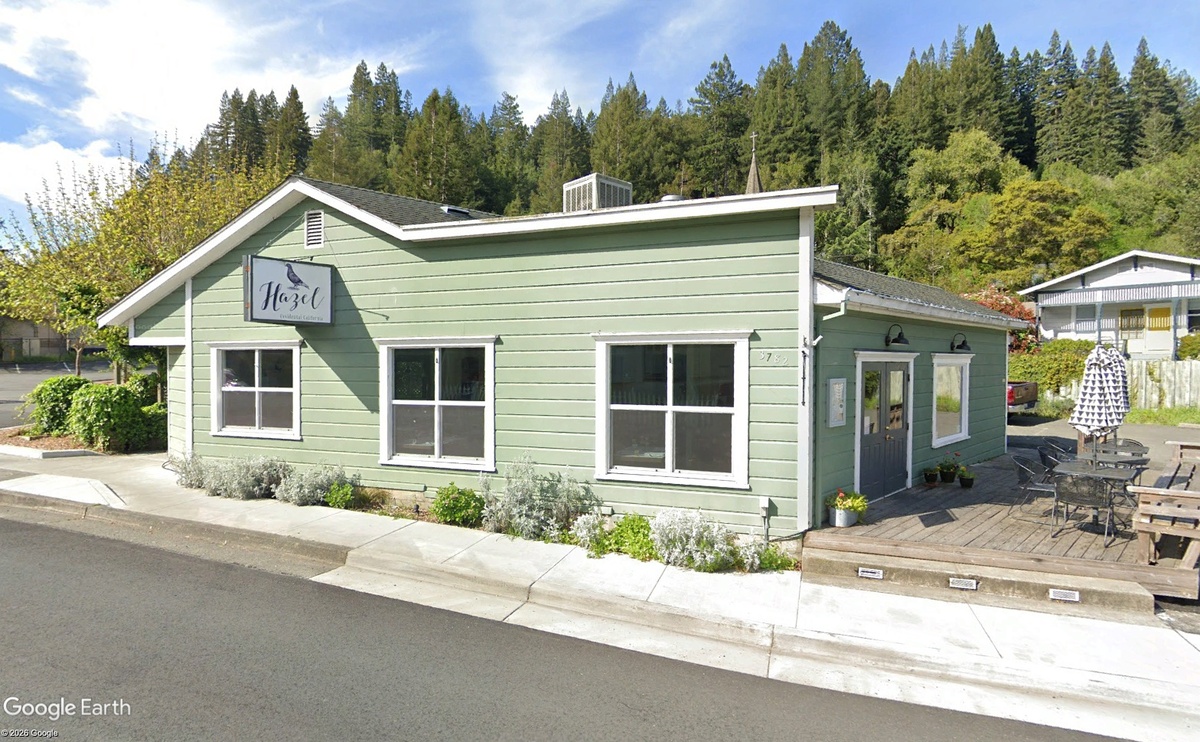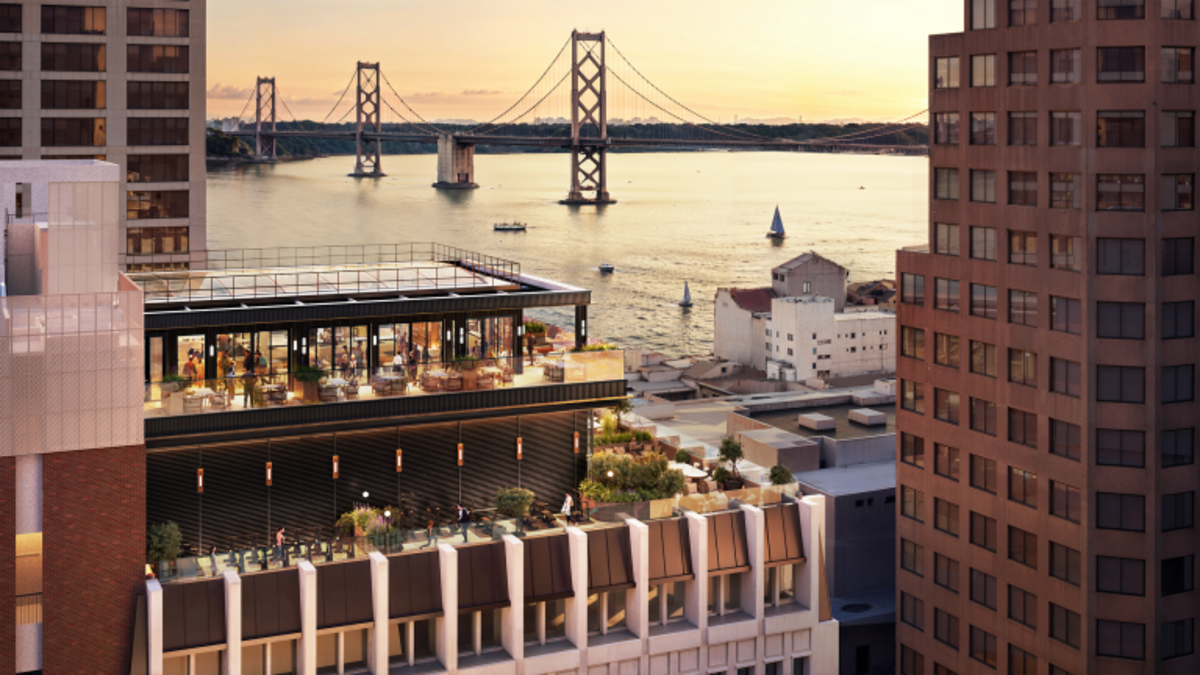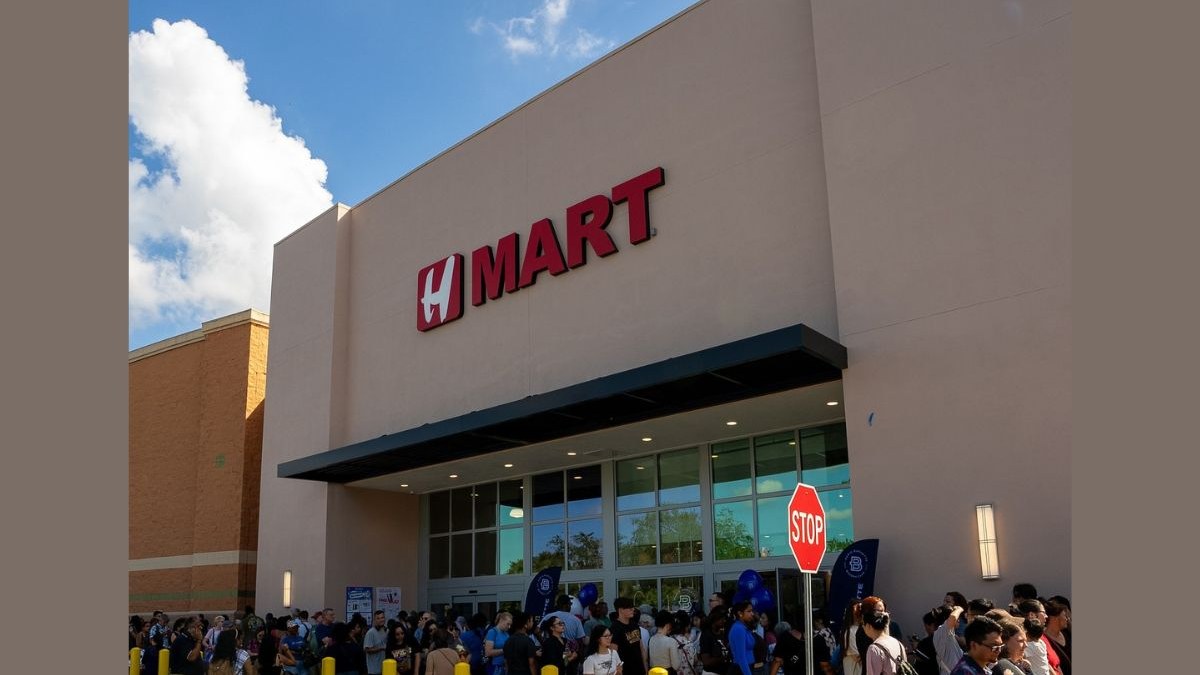Developer Enrique Landa leads a new, state-of-the-art undertaking at San Francisco’s historic Power Station. The new project integrates modern designs harmoniously with historic industrial relics. The upcoming Prequel Park will introduce open and creative spaces to the lively Dogpatch waterfront.
Highlights
- Prequel Park to transform into a visionary redevelopment of the waterfront guided by developer Enrique Landa.
- The project includes gardens, play spaces, an amphitheater, and art installations.
- It also offers community engagement, new residential spaces, and historic preservation.
New Residential Spaces Emerge in Dogpatch Redevelopment
At the Power Station, a new 85-foot residential structure is set to rise above the waterfront. The first building in the redevelopment project will house 105 apartments and be open for residents next October.
In the entire 29-acre project, there are plans for 2,600 new residences, 1.6 million square feet of commercial space, and close to 100,000 square feet of retail space. There is also a hotel with 250 rooms planned for the future. In the area, construction of a cancer treatment facility for UCSF is soon to commence. These developments signal a contemporary thrust for revitalized residential and commercial opportunities in Dogpatch.
Reimagining Prequel Park as a Vibrant Community Hub
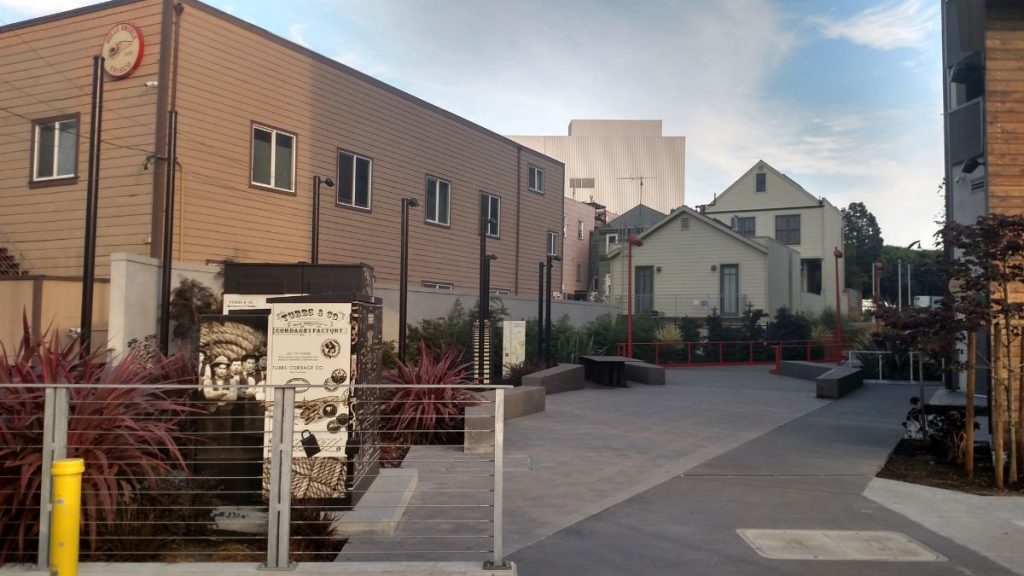
Prequel Park is reconfigured on a 2.75-acre portion of the waterfront site. Planned as an interim space for entertainment, arts, and recreation, the park will have gardens, playgrounds, and performance spaces. A quarter-mile jogging and hiking track and a sports court provide active outdoor recreation.
A 100-seat open-air amphitheater will serve as a location for weddings, fashion shows, and other events. Public restrooms and concessions will enhance accessibility for visitors. In addition to that, the famous 300-foot-high red chimney will be utilized as a transitory art gallery, fostering inventive experimentation at the heritage site.
Designs also call for retaining the historic elements of the Power Station. Greenery will be used to cover the skeletal remains of the former power plant, restoring nature to an industrial setting.
At a cost of between $15 million and $20 million, the park will remain in use for five years while long-term plans are implemented. The project filing with the city may happen within the next few months.
Community Involvement and Economic Growth Through Waterfront Development
Local community members embraced the coming transformation. A resident of the Dogpatch neighborhood who has lived here for many years said the project invites the public to get familiar with the site even before it’s completed.
Improved accessibility along District 10 and revitalized recreational spaces will enhance neighborhood engagement and encourage wider public access to the waterfront. Early progress in the project holds promise for sustainable economic and social development.
Balancing Growth and Heritage in Urban Development
Historic preservation is at the heart of the project. Developer Landa stresses the 300-foot stack and adjacent remains of the old power plant will be repurposed. In adapting these industrial features for art and public use, the venture celebrates San Francisco’s historical past while addressing the requirements of current urban needs.
The project diligently weaves together urban development with the conservation of heritage buildings. By incorporating existing industrial features into the modern designs, it produces a multi-layered narrative of the development of San Francisco.
The creative repurposing of relics not only respects the past but also adds richness to the community experience. This dual purpose in terms of modernization and heritage is at the center of redeveloping the waterfront, both to bring about economic benefits and a rich cultural context to the next generations. Developers and city officials together envision a sustainable public space.

